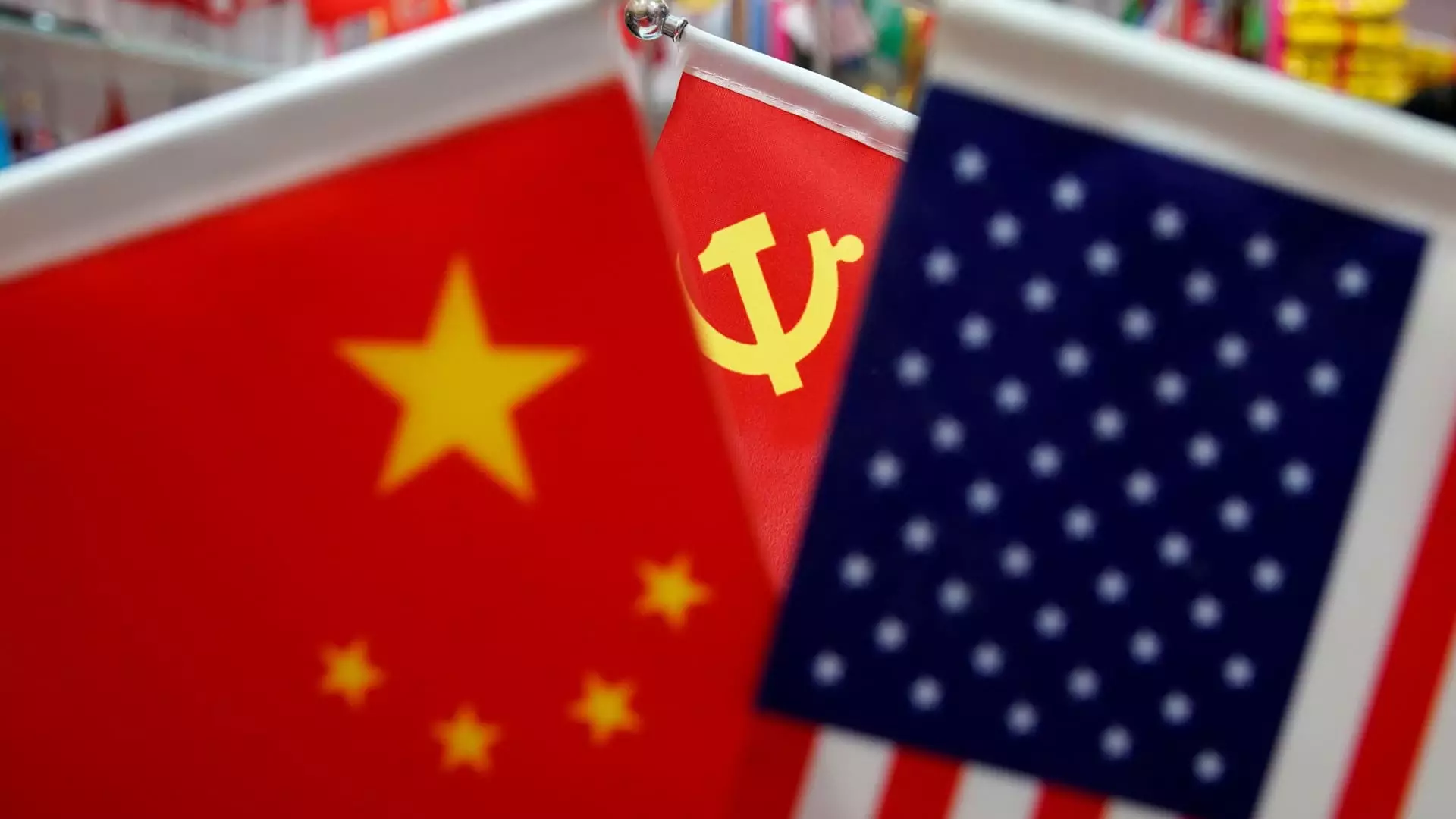In light of the recent election of Donald Trump as President of the United States, China has expressed a strong desire for enhanced bilateral cooperation. He Yongqian, a spokesperson from the Ministry of Commerce, highlighted the importance of mutual respect and peaceful coexistence between the two nations. China’s stance reflects a commitment to open communication and collaboration, particularly as tensions have simmered over tariffs and trade regulations. The Chinese leadership perceives a fruitful partnership with the U.S. as essential not just for their own economic stability but as a cornerstone for global economic health.
The relationship between China and the U.S. has been fraught with challenges, especially during Trump’s last term, which began in 2017. Trade wars and tariff negotiations escalated, leading to significant economic ramifications on both sides. Trump’s campaign for re-election included threats for further tariffs and restrictions, particularly targeting high-end technology imports from China. Analysts predict that the early months of Trump’s new term might see the implementation of these tariffs, potentially igniting further discord between the two nations. The implications of such actions could be severe, affecting not just bilateral trade but also the broader landscape of international markets.
Perspectives among experts regarding the proposed tariffs range from cautious to skeptical. Yue Su, a principal economist at the Economist Intelligence Unit, anticipates that the Trump administration may invoke legislative measures to enact tariffs. This could lead to escalating tensions and economic strain, especially if other countries are drawn into retaliatory measures. Comparatively, David Chao from Invesco projects a more subdued scenario, suggesting that Trump’s proposed tariffs may be leveraged as negotiation tools rather than implemented at face value.
Chao’s insights shed light on the complexities of multinational corporate operations as well, emphasizing that fears of a sweeping tariff policy may ultimately reflect a worst-case mindset for investors. He suggests that the potential impact of a lower percentage tariff, while still significant, would create a more predictable environment for business operations compared to aggressive trade restrictions.
Given these insights, it’s clear that navigating the post-election landscape will require careful diplomacy from both countries. China’s call for stable, healthy relationships should be seen as an invitation to engage in a dialogue that prioritizes economic mutualism over isolationism. Diplomacy, trust-building, and transparency will be paramount in tackling the intertwined challenges of trade and economics.
As both nations seek to chart a path forward, they must weigh the benefits of cooperation against the backdrop of political aspirations and economic realities. Ultimately, whether through negotiations or economic reforms, the responsibility will lie with leaders on both sides to foster a relationship that not only seeks national growth but also contributes positively to global economic stability.

